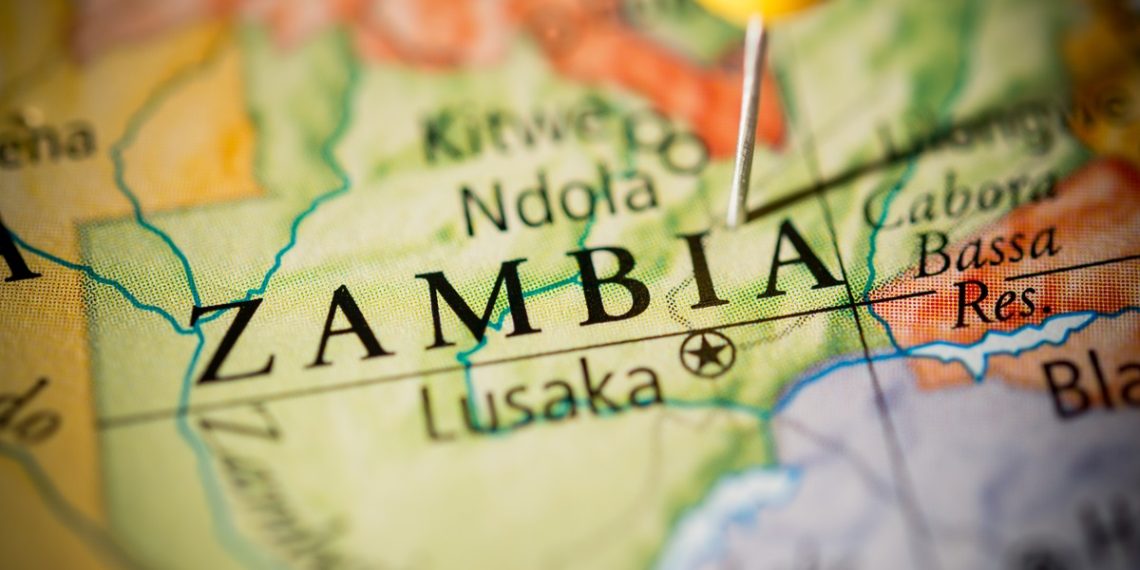KoBold Metals, backed by billionaires Bill Gates and Jeff Bezos, is considering partnerships to fast-track the development of a US$2B copper mine in Zambia. Reuters reported that the company plans to expedite its development to ultimately deliver record contributions to the economy of Zambia.
“The story with Mingomba is that it’s like (Kamoa-) Kakula in both the size and the grade,” Josh Goldman, co-founder, and president, shared at a mining conference in South Africa. “It’s going to be one of the highest grade large underground mines.”
Owned by Ivanhoe Mines (TSX: IVN) and Zijin Mining, the Kamoa-Kakula mine is a high-grade copper project being developed next door in the Democratic Republic of Congo (DRC), producing nearly 400Kt of copper in 2023.
Kobold, a California-based startup, acquired part of the Mingomba project in 2022 via a joint venture with its existing owners – Australian private equity firm EMR Capital, and Zambia’s state-owned mining investment initiative ZCCM-IH (LON: ZCC).
The company initially planned for Mingomba to be built within the next decade, however plans are being accelerated in the rush to meet demand for critical metals. Before the US$2B underground copper mine is built, the company must update its resource estimate and complete a feasibility study, determining the decision to go ahead.
Whilst some miners have faced challenges in securing capital in the current economic landscape, Goldman expressed his confidence in funding the project.
“The issue globally, is not a lack of availability of capital. It is a lack of availability of high-quality projects and where there are returns, there is capital,” he said. “For a great project, there will be capital.”
If the project reaches the construction stage, Mingomba would align with Zambian president Hakainde Hichilema’s vision to increase the nation’s copper production to 3Mt by 2032, helping Zambia reduce its debt burden.
Furthermore, Kobold Metals is not only focused on copper, but also uses artificial intelligence (AI) to search for critical minerals. It began its quest for battery metals three years ago in Canada, starting with lithium, after it acquired rights to an area in Quebec south of Glencore’s Raglan nickel mine.
The start-up currently has around 12 exploration properties in multiple countries including Zambia, Namibia, the DRC, Canada (Quebec, Saskatchewan, Ontario), and Australia.
Kobold also has interests in South Korea and the US, launching a four-continent search for lithium assets last December.
Kobold aims to create a “Google Maps” of the Earth’s crust, focusing on finding copper, cobalt, nickel, and lithium deposits, to accelerate the clean energy future.
It collects and analyzes multiple streams of data, from historical drilling results to satellite imagery, to grasp where new deposits may be. This technology, KoBold said, can locate resources that traditional geologists may have found challenging.
Goldman also noted at the South African conference that KoBold was contemplating becoming public in the next three or four years.












